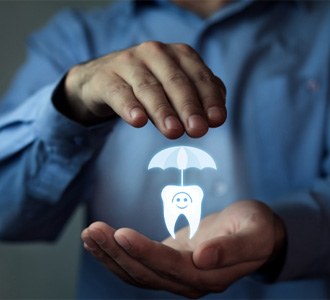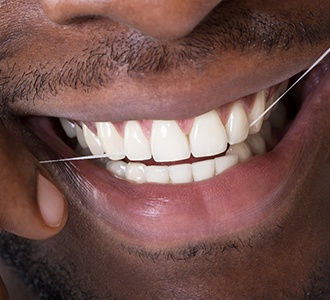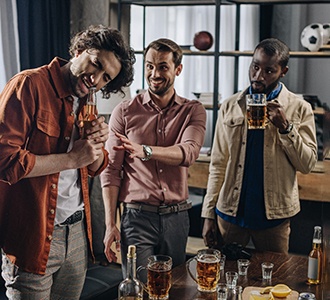Every Dental Emergency is Different

Believe it or not, visiting your emergency dentist in Fort Valley is relatively inexpensive. During your appointment, our team will evaluate the extent of your condition and determine which treatments are necessary to get your smile back on track. Since every case is unique, it’s impossible to provide an accurate cost estimate until you come in for an exam.
However, some common solutions for dental emergencies include root canal therapy, extractions, dental crowns, and TMJ treatment. We will explain our findings and the recommended treatment plan, plus provide a cost estimate in advance so there won’t be any surprises!
Taking Care of Your Smile Can Save You Money

Not every dental emergency is entirely avoidable. Although some happen because of accidental injuries, the majority are the result of unchecked infection or damage. Fortunately, you can keep your smile healthy and save thousands of dollars over the years by investing in routine dental checkups.
On top of that, you can avoid breaking the bank by visiting our team as soon as you notice something wrong with your oral health. Taking care of a problem right away will help you avoid needing more expensive and extensive treatment later on.
Does Dental Insurance Cover Dental Emergencies?

The good news is that most dental insurance plans offer some level of coverage for emergency situations. At least one yearly emergency exam is typically fully covered, while common services associated with hurting teeth like root canal therapy, extractions, and dental crowns are eligible for 50-80 percent of coverage. Of course, every policy is unique which is why you should confirm the details with your insurance provider before committing to anything. Our team is more than happy to help with this process if needed!
Other Options for Making Dental Emergencies Affordable

Don’t have dental insurance? No problem! We offer flexible financing through CareCredit or GreenSky. These third-party financiers provide patients low-to-no interest payment plans.
If you need a tooth extraction, ask about our special offer of $150 per extraction which includes X-rays and an exam. Also, our Smile Savers Plan covers two emergency exams among several other benefits. Contact us to learn more!














